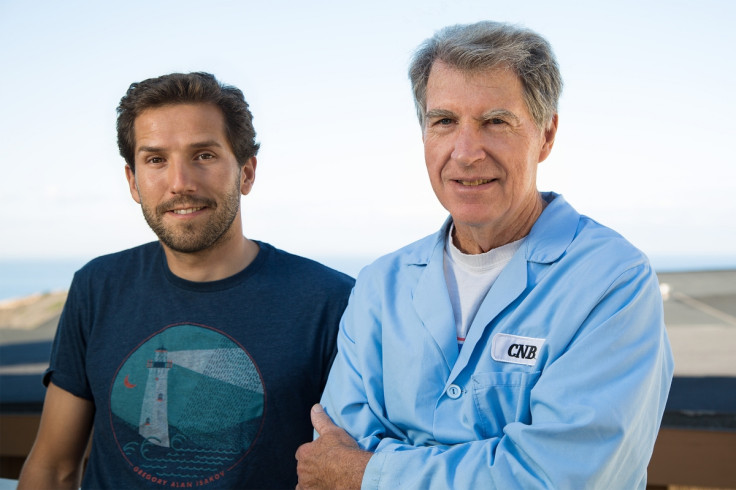Alzheimer's drug shows anti-ageing effect in mice - Salk Institute

Old mice turned young when administered a dose of a drug targeting Alzheimer's. They displayed better memory and cognition, healthier blood vessels in the brain and other improved physiological features. The research findings from Salk Institute have been published in the journal Aging.
Where most studies have looked at targeting amyloid plaque deposits formed in the brain due to Alzheimer's, the Salk team looked at another factor for the disease – old age.
Their Alzheimer drug candidate, called J147, had been shown to prevent and reverse memory loss and the disease pathology in a common mouse model. Since that form of the disease comprises only about 1% of Alzheimer's cases, they decided to use a mouse model not typically employed in Alzheimer's research. They used a breed of mice that ages rapidly and experienced a version of dementia more closely resembling the age-related human disorder.
"Initially, the impetus was to test this drug in a novel animal model that was more similar to 99% of Alzheimer's cases," says Antonio Currais, the lead author and a member of Professor David Schubert's Cellular Neurobiology Laboratory at Salk. "We did not predict we'd see this sort of anti-aging effect, but J147 made old mice look like they were young, based upon a number of physiological parameters."
The compound J147 was made using cell-based screens against old age-associated brain toxicities. The study included three groups of rapidly aging mice - one set that was young, one set that was old and one set that was old but fed J147 as they aged.
The team measured the expression of all genes in the brain, as well as over 500 small molecules involved with metabolism in the brains and blood of three groups.
The old mice that received J147 fared better on memory and cognition and also displayed more robust motor movements. They also had fewer pathological signs of Alzheimer's in their brains. Many aspects of gene expression and metabolism in the old mice fed J147 were very similar to those of young animals.
They also found that J147 prevented the leakage of blood from the micro-vessels in the brains of old mice, often seen with ageing.
The team hopes to move J147 into human clinical trials for Alzheimer's disease next year. "If proven safe and effective for Alzheimer's, the apparent anti-aging effect of J147 would be a welcome benefit," said Schubert, senior author of the study.
© Copyright IBTimes 2025. All rights reserved.




















